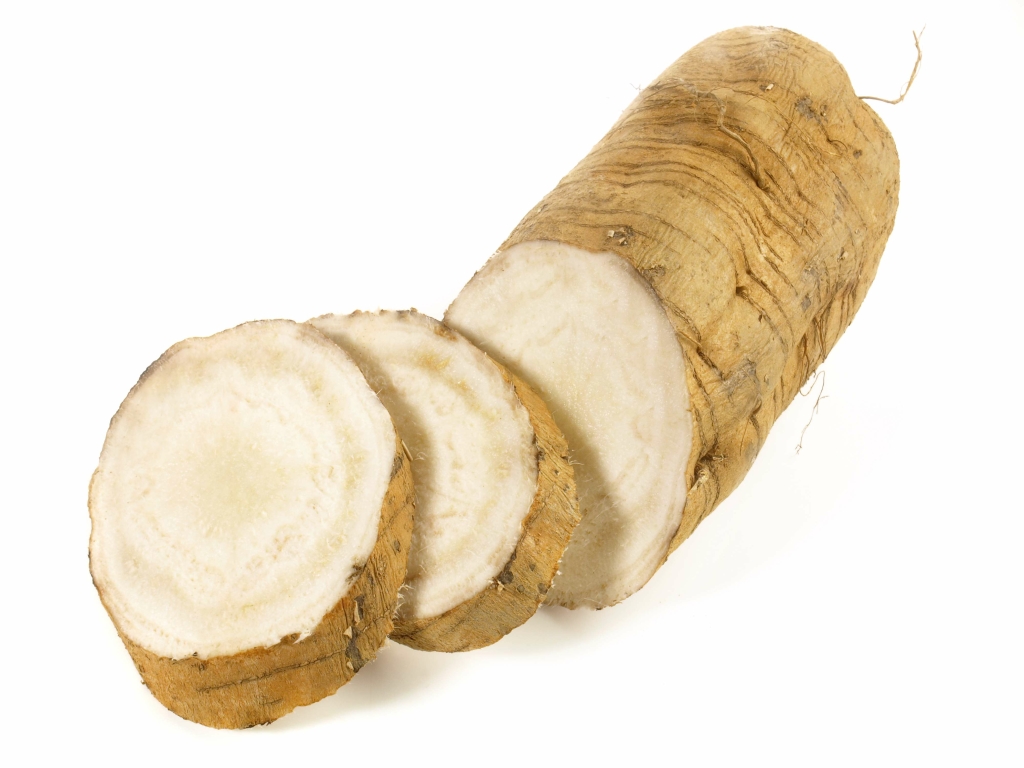This is followed by a discussion of the main points raised when the notion of addiction as a brain disease has come under criticism. Key among those are claims that spontaneous remission rates are high; that a specific brain pathology is lacking; and that people suffering from addiction, rather than behaving “compulsively”, in fact show a preserved ability to make informed and advantageous choices. In the process of discussing these issues, we also address the common criticism that viewing addiction as a brain disease is a fully deterministic theory of addiction. For our argument, we use the term “addiction” as originally used by Leshner [1]; in Box 1, we map out and discuss how this construct may relate to the current diagnostic categories, such as Substance Use Disorder (SUD) and its different levels of severity (Fig. 1). Present-day criticism directed at the conceptualization of addiction as a brain disease is of a very different nature.
- But the percentage of people with dementia has fallen due to better medical practices and lifestyle changes like those cited above.
- Just as drugs produce intense euphoria, they also produce much larger surges of dopamine, powerfully reinforcing the connection between consumption of the drug, the resulting pleasure, and all the external cues linked to the experience.
- A recent study supports the notion that such a treatment strategy can improve patient outcomes27 and further improve compliance by reducing the reported frequency of side effects.
- People regain the ability to respond to more natural rewards, setting the stage for psychological growth.
Effects of Drug Addiction on the Brain
Thus, the requirement that addiction be detectable with a brain scan in order to be classified as a disease does not recognize the role of neuroimaging in the clinic. However, a heritability of addiction of ~50% indicates that DNA sequence variation accounts for 50% of the risk for this condition. Once whole genome sequencing is readily available, it is likely that it will be possible to identify most of that DNA variation. For clinical purposes, those polygenic scores will of course not replace an understanding of the intricate web of biological and social factors that promote or prevent expression of addiction in an individual case; rather, they will add to it [49].
Young people’s use of diabetes and weight loss drugs is up 600 percent
- For many years, experts believed that only alcohol and powerful drugs could cause addiction.
- For our argument, we use the term “addiction” as originally used by Leshner [1]; in Box 1, we map out and discuss how this construct may relate to the current diagnostic categories, such as Substance Use Disorder (SUD) and its different levels of severity (Fig. 1).
- Such symptoms include nausea, pain, irritability and an inability to feel pleasure.
- Your blood alcohol level is the amount of alcohol in your blood, which increases as you drink.
The word “addiction” is derived from a Latin term for “enslaved by” or “bound to.” Anyone who has struggled to overcome an addiction—or has tried to help someone else to do so—understands why. Enter your phone number below to receive Sober House a free and confidential call from a treatment provider. Jason N. Linder, Psy.D., LMFT, is a licensed bilingual (Spanish-speaking) therapist specializing in relationship, trauma, addiction-related, and mindfulness therapies.
- In contrast, for understanding the psychology of addiction and designing psychological interventions, behavioral science is the natural realm, but one that can often benefit from an understanding of the underlying neurobiology.
- Key among those are claims that spontaneous remission rates are high; that a specific brain pathology is lacking; and that people suffering from addiction, rather than behaving “compulsively”, in fact show a preserved ability to make informed and advantageous choices.
- There are techniques for dampening or diverting thinking in response to drug cues, including meditation, but the most powerful of all ways to drown out craving may be by getting connected to others.
- But while dopamine has become a buzzword relating to anything rewarding – from sugar to social media likes – its role in addiction is incompletely understood.
The neurobiology of drug addiction: cross-species insights into the dysfunction and recovery of the prefrontal cortex
Consult with your doctor about this issue and decide together whether medication would help you. Meanwhile, lower your salt intake, get regular exercise, lose weight, and manage stress. To protect your ears, avoid noisy environments and high noise levels, as I learned from painful personal experience. Withdrawal symptoms fade over time https://thetennesseedigest.com/top-5-advantages-of-staying-in-a-sober-living-house/ as the brain gets used to not having nicotine. Signs of nicotine addiction include craving nicotine, being unable to stop using it, and developing a tolerance (needing to use more to feel the same). Nicotine addiction can also affect relationships with family and friends and performance in school, at work, or other activities.
- In “Food ‘addiction’ should be treated like drug abuse, claim doctors”, we examine this new case for food addiction, and what it might mean for treating people if they have it.
- Under the influence of a powerful and harmful chemical, individuals abusing substances like benzodiazepines or heroin can alter the function of their brain.
- Glutamate helps mediate the rewarding effects of drugs of abuse and speeds the hard-wiring of substance response into the brain.
- According to the Centers for Disease Control and Prevention (CDC), over 100,000 people in the U.S. died from a drug overdose in 2021.
This is why people who drink to excess are more prone to having accidents and struggle to walk in a straight line. Before this treatment, those with social anxiety exhibited high reactivity in the amygdala—a concrete illustration of the effects of anxiety in the brain. Our neural pathways are affected by facing challenges and participating in new activities. A therapist can help you identify the challenges you need to face and present you with activities that directly correlate to those challenges. In the United States and other advanced countries, the number of people with dementia has risen.
The brain responds by producing less dopamine or eliminating dopamine receptors—an adaptation similar to turning the volume down on a loudspeaker when noise becomes too loud. Scientists once believed that the experience of pleasure alone was enough to prompt people to continue seeking an addictive substance or activity. Dopamine not only contributes to the experience of pleasure, but also plays a role in learning and memory—two key elements in the transition from liking something to becoming addicted to it. When someone develops an addiction, the brain craves the reward of the substance. In response, many users continue use of the substance; this can lead to a host of euphoric feelings and strange behavioral traits. Long-term addiction can have severe outcomes, such as brain damage, and can even result in death.

The Brain, Addiction, And Withdrawal


